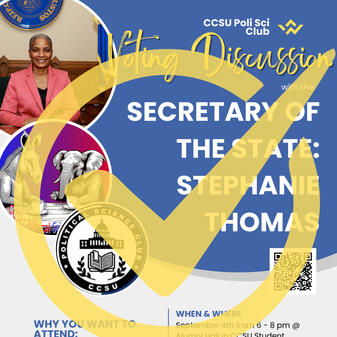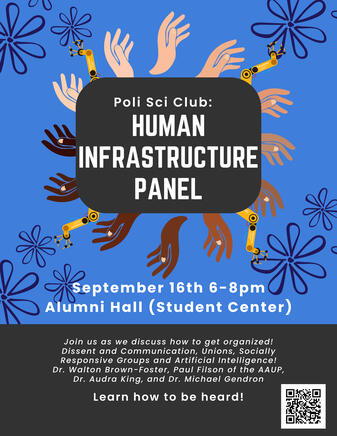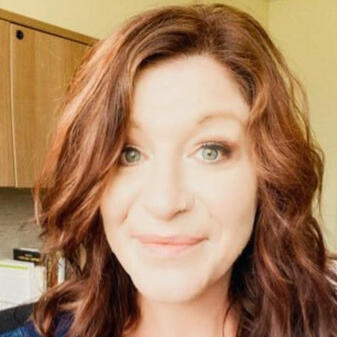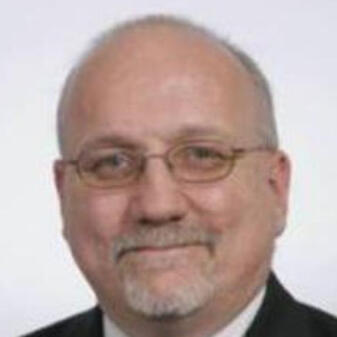
CCSU's Political Science Club:
Student Voter Engagement Program
A series of panel discussions between CCSU faculty / staff with the student body of Central to create even better informed student voters.
“proof that wherever the people are well informed they can be trusted with their own government; that whenever things get so far wrong as to attract their notice, they may be relied on to set them to rights.” Thomas Jefferson 1789, on the passing of the U.S. Constitution.“A republic, if you can keep it.” Benjamin Franklin 1787, on the passing of the U.S. Constitution.
Help us keep the republic full of engaged citizens. Our goal is to target the newest generation of voters, the students, and to help inform them about how their votes will impact their livelihoods. We want to show students how interconnected the various disciplines on campus are and how they interact with politics and legislative policy.
Schedule of planned events:
September 4th: Secretary of State Stephanie Thomas
September 10th: Presidential Debate Watch Party with Kappa Alpha Psi
September 16th: Human Infrastructure Panel Discussion
September 23rd: Physical Infrastructure Panel Discussion
October 1st: Healthcare Access Panel Discussion
October 9th: Understanding our Changing Climate Panel Discussion
October 30th: Inflation/Supply Chain Panel Discussion
November 5th: Election Night watch party
September 4th, 6-8 pm at Alumni Hall in Central's Student Center!
Rescheduling: September 16th, 6-8 pm in Alumni Hall of Central's Student Center
Human Infrastructure Panel: What is dissent with the government, and is it normal? How do we talk with each other if we aren't event discussing the same thing? How do people organize, from highly structured unions to socially responsive groups, and how can they benefit from the new age of artificial intelligence. How can students use these structures to organize? How is it influenced by policy and politics on the local, state and federal levels? What's the deal with Artificial Intelligence and how can students use it responsibly?






